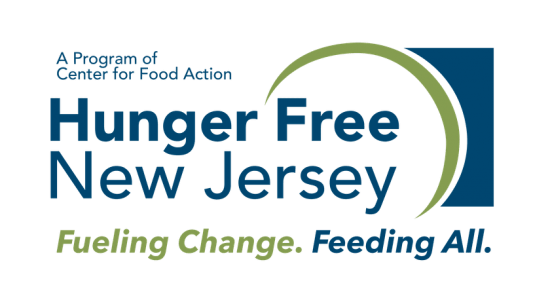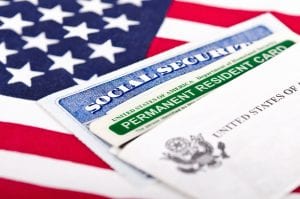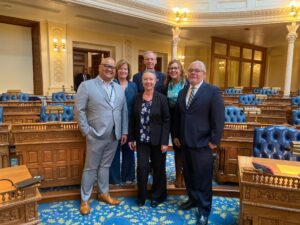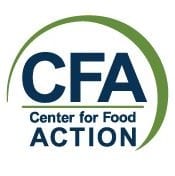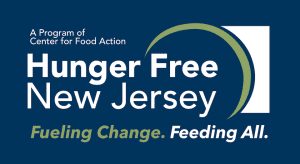The Trump administration’s public charge rule took effect on February 24, spreading fear among immigrants who may need public assistance.
Under the rule, legal immigrants seeking green cards can have their application denied if it is deemed they would potentially need public services like Medicaid or food stamps.
The rule is already instilling fear and confusion that deters immigrant families — particularly families of color and low-income families — from accessing programs that safeguard their nutrition, health care, housing and economic security.
To counter this chilling effect, it is important to know — and share — the facts.
According to the Food Research & Action Center, many immigrants are not subject to the new rule. Refugees, asylees, survivors of trafficking, domestic violence and other serious crimes, and other “humanitarian” immigrants are NOT subject to public charge determinations. Lawful permanent residents (read: green card holders) are not affected, unless they leave the US for more than 180 days and seek to reenter.
The number of people who will not participate in SNAP because they would be impacted by the rule is actually limited. The vast majority of non-citizens eligible to participate in SNAP are not subject to DHS public charge determinations. (For some people, there are exceptions if they leave the U.S. for an extended time).
Use of SNAP does not automatically make a person a public charge. Officials must look at a range of factors when determining whether an applicant is likely to become a public charge in the future.
This includes the applicants’ age, health, income, assets, resources, education/skills, family they must support, and family who will support them, according to FRAC. The determination cannot be made on one factor alone.
Read FRAC’s guidance for more info and ways you can help counter the “chilling effect” of the rule and protect families struggling with hunger and poverty.
